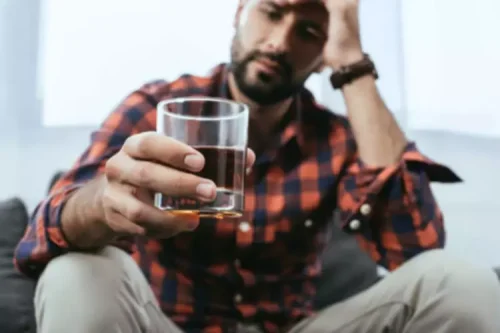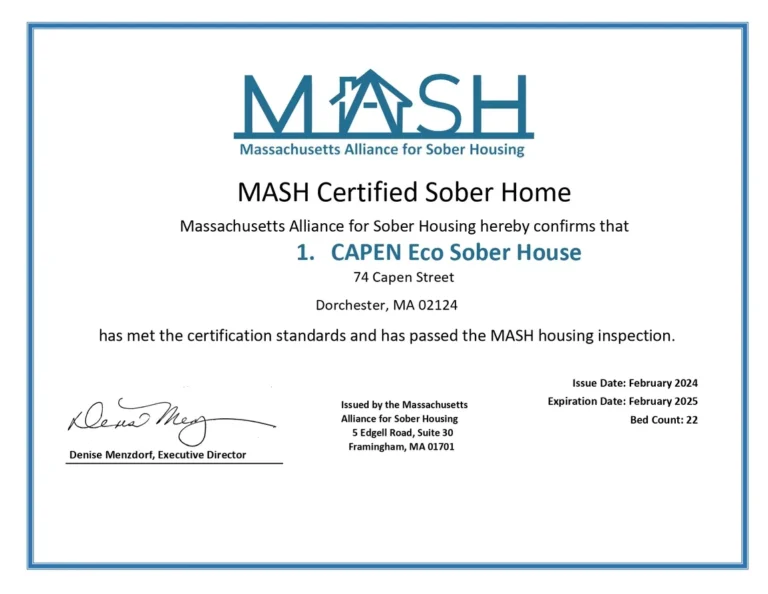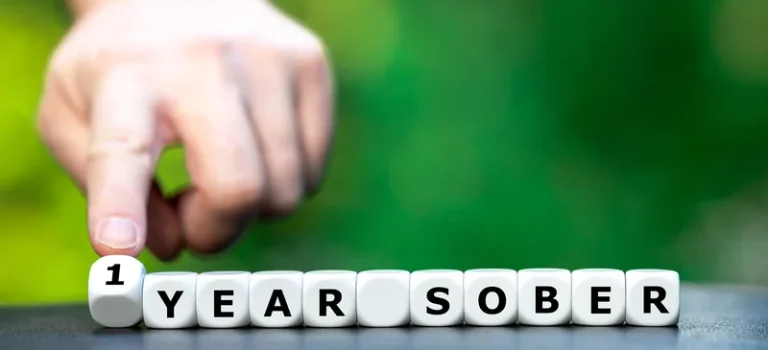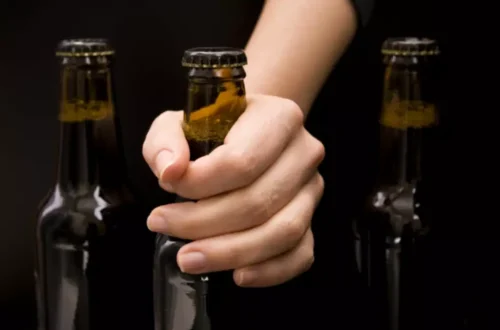
Rehab facilities have support staff to help you detox safely and comfortably. Sometimes, medical staff administer medications to reduce withdrawal symptoms and prevent seizures. Examples of these medications include benzodiazepines and anticonvulsants.

Personalized Medicine
In addition, some AAC rehabs may utilize family therapy, which allows you to heal your relationships with loved ones as you recognize the toll addiction has taken on these connections. When asked how alcohol problems are treated, people commonly think of 12-step programs or 28-day inpatient treatment centers but may have difficulty naming other options. In fact, there are many treatment options available thanks to significant advances in medical and behavioral research over the past decades. During medical detox, a healthcare provider assesses your alcohol withdrawal symptoms to determine which medications are needed to prevent complications and to help you withdraw safely while relieving symptoms. Treatment programs vary—even within the AAC’s network of facilities.
Preparing for Life After Residential Alcohol Rehab
They have medical staff on hand to monitor and treat withdrawal symptoms. Many people with mild AUD can reduce their drinking with the help of family, friends, or other nonmedical supports. However, people with more serious AUD can benefit from medical alcohol rehabilitation. Government has announced it will expand involuntary care for those with mental health and addictions issues, and will open “highly secure” facilities to house people detained under the Mental Health Act throughout the province. A practical component of residential treatment is setting clients up for success after they leave their treatment program. If clients are able to practice and begin using skills and resources while in treatment, they are more likely to be able to maintain their recovery in the months and years following rehab.

National Institute on Alcohol Abuse and Alcoholism (NIAAA)
Government is asking for Ottawa to amend the Criminal Code to deal explicitly with machetes, following recent violent incidents. In cases of dual diagnosis, all co-occurring issues must be treated simultaneously. Because of this, it’s important to have a treatment team that understands all the factors in play. Withdrawal usually involves at least some discomfort, which can be lessened through various medications administered by doctors and other medical professionals.
- But as any recovering alcoholic will tell you, the work doesn’t stop there.
- When appropriate, your doctor will prescribe medications to address the physical withdrawal symptoms and help you feel more comfortable throughout this process.
- The treatment may last from 8 to 24 weeks and is often used as an adjunct therapy alongside other treatments, such as cognitive behavioral therapy (CBT) or 12-step programs.
- Approved medications for alcohol use disorder and tobacco use disorder are also available.
- Brief Interventions are short, one-on-one or small-group counseling sessions that are time limited.
- One minute you’re hopeful, the next you’re frustrated, angry, or scared.

Remember that changing long-standing patterns is hard, takes time, and requires repeated efforts. We usually experience setbacks along the way, learn from them, and then keep going. Ultimately, choosing to get treatment may be more important than the approach used as Alcoholism Treatment Program long as the approach avoids heavy confrontation and incorporates empathy, motivational support, and a focus on changing drinking behavior. Ultimately, there is no one-size-fits-all solution, and what may work for one person may not be a good fit for someone else.
Research suggests the success of MET may depend on the type of substance used. It appears to be more effective for people with alcohol https://ecosoberhouse.com/ or cannabis addictions. Results are mixed for those using heroin, nicotine, or cocaine or those using multiple substances.
These live-in facilities afford you stability and support as you learn relapse prevention strategies and get psychosocial treatments, such as group counseling or one-on-one sessions. Here’s some information to help you get ready for your appointment, and what to expect from your health care provider or mental health provider. In summer 2024, the Province appointed Dr. Daniel Vigo as B.C.’s first chief scientific adviser for psychiatry, toxic drugs and concurrent disorders. He is working with partners to find better ways to support the growing population of people with severe addictions, brain injuries from repeated drug poisonings, combined with mental-health disorders and psychosis.



